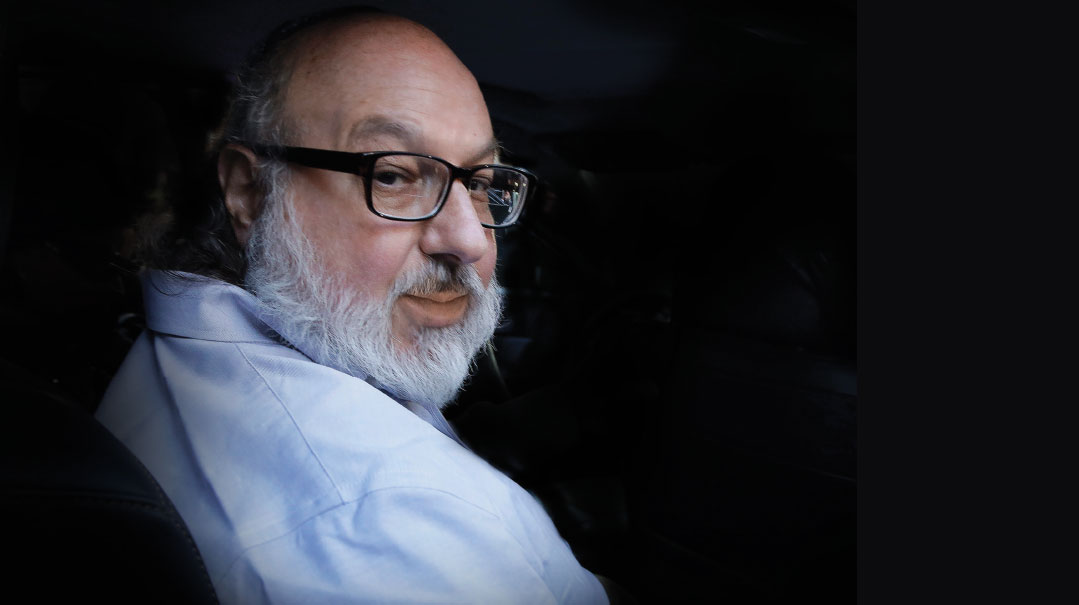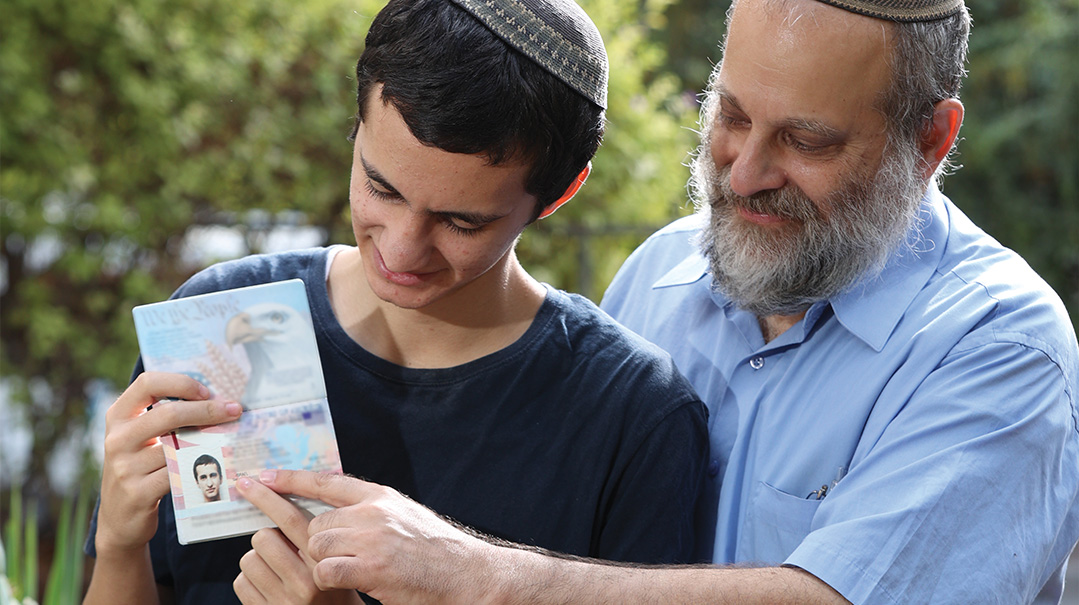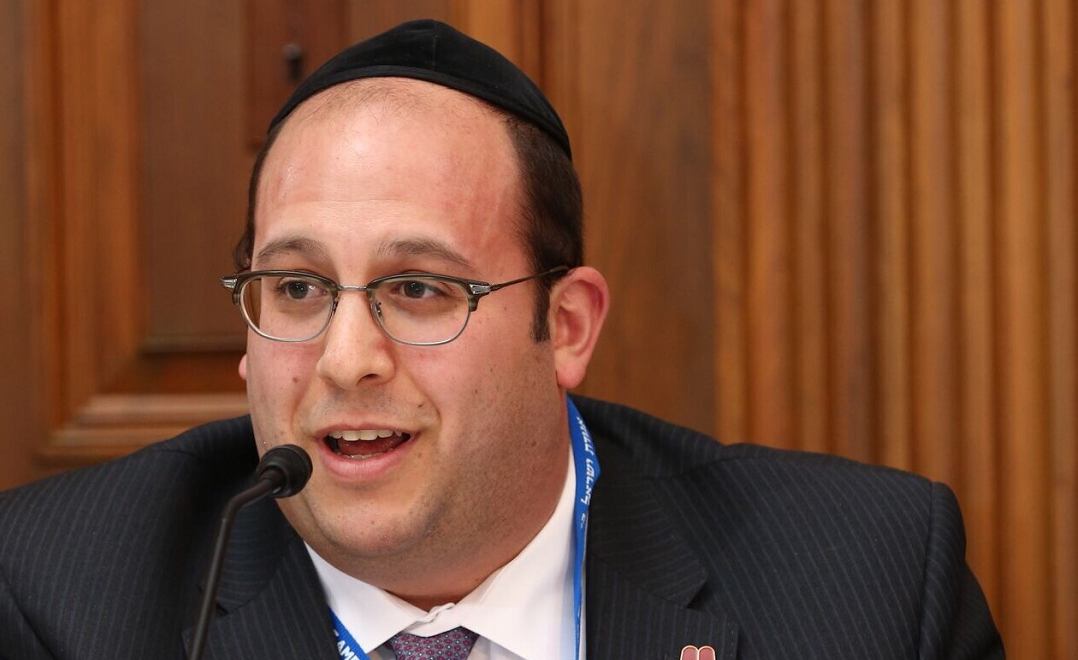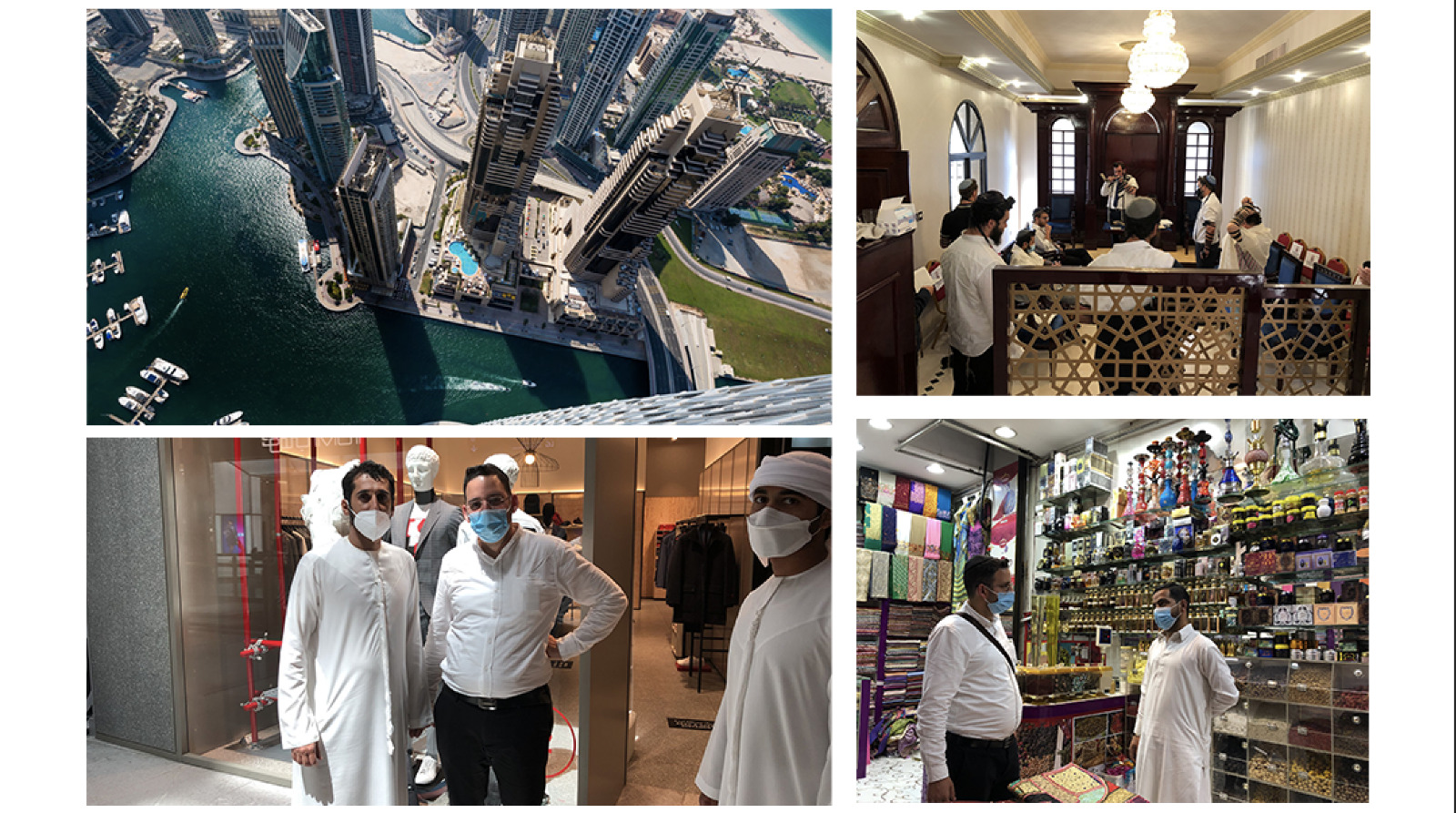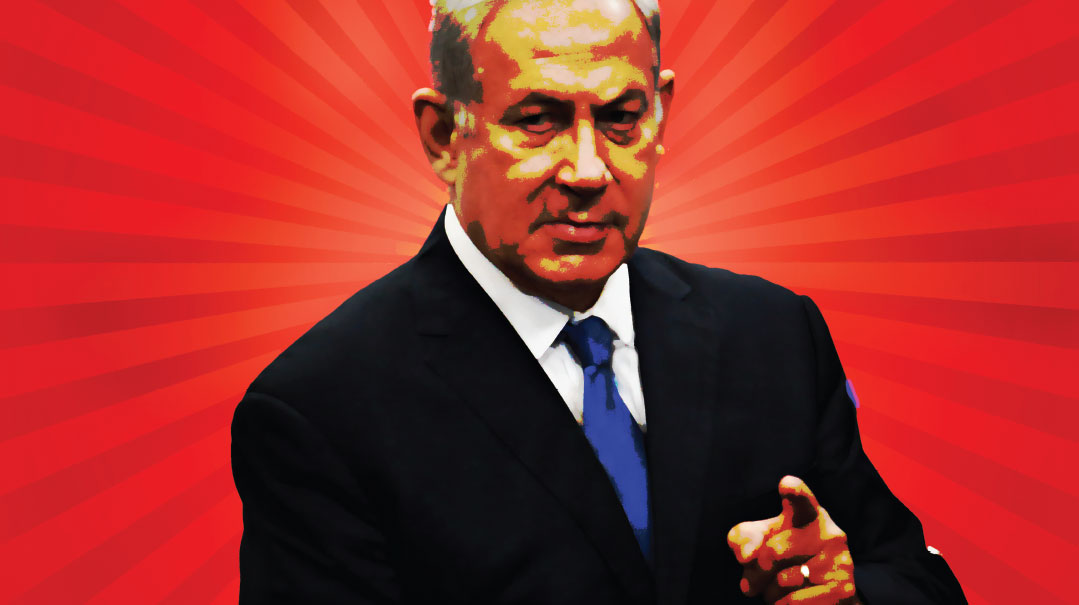Will Bibi Survive?

Police charges threaten to end Netanyahu’s reign

Will Bibi survive?
Gershon Burstyn
Binyamin Netanyahu rose to the prime minister’s chair for a second time on March 31, 2009, nine years ago next month. Since that time, he has faced a handful of investigations into his conduct, each ending without charges and no discernable dent to his popularity.
Will this time be any different?
Bibi faces charges that he took about NIS 1 million in bribes from wealthy Israeli businessman Arnon Milchan and Australian billionaire James Packer (Case 1000). In the Milchan case, he’s accused of accepting gifts that included cigars and champagne and promoting legislation that would benefit the Hollywood producer. Case 2000 centers on Netanyahu’s dealings with Yedioth Achronoth publisher Arnon Mozes. The police allege that Netanyahu aided Mozes and Yedioth to the detriment of Israel Hayom (the daily newspaper owned by American billionaire Sheldon Adelson) in exchange for favorable press coverage by Yedioth.
There are two other investigations swirling around the Netanyahu camp: Case 3000, in which top Netanyahu aides are accused of accepting kickbacks from a German manufacturer of submarines; and Case 4000, which involves favorable treatment of Bezeq, Israel’s national telephone company, in exchange for positive media coverage from the Walla news site, owned by Bezeq. In both cases, Netanyahu has not been accused of wrongdoing, though reports indicate he could be implicated. The investigations will likely unfold over the next year to 18 months, and Attorney General Avichai Mandelblit, whom Bibi appointed, will have the final say on whether to prosecute. (Excerpted from Mishpacha, Issue 699)
The reaction
Mr. Indispensable Faces a Test
Eliezer Shulman
I’ll start at the end: The legal-political establishment is gambling that Attorney General Avichai Mandelblit will indict Prime Minister Binyamin Netanyahu on a series of corruption charges. It could take six, even eight months, but the political prognosticators say the writing is on the wall.
The predictions are so dire because nearly every time police have recommended that a public figure stand trial, state prosecutors have followed through.
The current speculation isn’t based only on history, but also on the makeup and professionalism of the legal team, which includes tax and economic prosecutor Liat Ben Ari, her deputy, Jonathan Tadmor, and attorney Etty Ben Dor. This is the same team that put former prime minister Ehud Olmert behind bars in the Holyland case.
If the case appears to be decided even before it’s been tried, readers should recall that in the past two decades, there have been a number of police investigations that ended not with a bang but a whimper. And those include past recommendations to indict Netanyahu on charges of bribery, fraud, and breach of trust — charges that went nowhere — feeding Netanyahu’s claims that the investigations are nothing but a political witch hunt. In each instance, the charges against Netanyahu were closed with a public report that failed to harm his political career or his popularity one iota.
In the case of the current investigation, Mandelblit will first receive a detailed recommendation from the team of attorneys on the case, along with their evidence. That recommendation will then go to the Justice Ministry criminal law department, starting with the department director and proceeding through the various deputies, down to the prosecution. Each will present their recommendations. After all relevant parties have formulated their positions, Mandelblit will make a final decision. (Excerpted from Mishpacha, Issue 699)
The battle ahead
Bibi the Survivor
Yossi Elituv
Last Tuesday night at 8 p.m., all of Israel was seemingly glued to their computer screens as they awaited the announcement (leaked since that morning) that the Israeli police would recommend indicting Prime Minister Binyamin Netanyahu.
Lesser men would have broken under such pressure, but Netanyahu was ready for his moment. Almost immediately, the prime minister succeeded in turning the tables and enlisting the facts to his defense. The entire country watched as Netanyahu successfully pulled a rabbit out of his hat and managed to recruit the entire right wing of the Israeli political spectrum to his cause. In just 60 minutes, all the coalition heads, among them would-be successors who were ready to pen their election-night speeches, publicly came to the prime minister’s defense.
What we saw was Netanyahu at his charismatic best, a politician who succeeded in merging his personal destiny with that of the right wing in a binding union. And when the right and Netanyahu embark on a do-or-die battle against the legal establishment, the result is close to a revolt, or, if you will, a civil war pitting Netanyahu and the right against the left-wing elites. (Excerpted from Mishpacha, Issue 699)
The investigation
Alsheich Accuses
Mishpacha Staff
I
srael Police have built two corruption cases against Prime Minister Binyamin Netanyahu, alleging that his ties to three businessmen led to bribery, fraud, and breach of trust, and recommending the Attorney General indict him. In brief, the cases are:
Case 1000 — magnates Arnon Milchan and James Packer gave the Netanyahus expensive gifts and large sums of money in return for numerous favors.
Case 2000 —Yedioth Ahronoth publisher Arnon (Noni) Mozes made a deal with Netanyahu to curtail the growth of his main competitor, Israel Hayom.
Although the police had begun gathering material in early 2016, Attorney General Avichai Mandelblit only authorized investigations into these issues in December 2016. Police conducted a painstaking probe, eventually compiling 180 testimonies from 80 witnesses. (Excerpted from Mishpacha, Issue 699)
The global arena
What the World Thinks of Bibi
Binyamin Rose
B
inyamin Netanyahu’s domestic woes don’t seem to be tarnishing his international standing.
Two days after police investigators recommended indicting him on bribery charges, he was warning world leaders at an international security conference in Munich not to blind themselves to the threats posed by the Islamic Republic over the hefty contracts they were signing with Tehran. During his remarks, he dramatically raised part of an Iranian drone that Israel had shot down a week earlier, and warned the Iranian government not to test Israel’s resolve. In other words, it was business as usual for Netanyahu.
The scent of scandal didn’t seem to be rubbing off on Israel the brand either. After all, if the world leaders Netanyahu addressed are willing to chase business deals with Iran, ranked by Transparency International in the bottom quartile of the world’s most corrupt nations, then there should be no problem doing business with the Start-Up Nation.
Indeed, political corruption provides important context here. According to a 2013 Transparency International poll, 65% of citizens surveyed in 107 different countries ranked their native political parties as their most corrupt institutions, a figure that explains the low esteem in which politicians are held. Interestingly enough, the police ranked as the second-most corrupt institution in that poll, at 60%, which would also explain why so many Israelis have a jaundiced view of the police probe into Netanyahu. (Excerpted from Mishpacha, Issue 699)
The strategy
The Fight of His Life
Omri Nahmias
I’ve been on the beat of Prime Minister Binyamin Netanyahu for six and a half years now, accompanying him on flights to various events in the United States (including two speeches to Congress), visits to Moscow to meet with Putin, and to London to meet David Cameron. I’ve had occasion to speak to him one-on-one, to take a helicopter ride with him to the Egyptian border, and to get an exclusive interview with him.
But despite all the hours accumulated with the prime minister, it was still hard to figure out Netanyahu’s state of mind last week when he addressed the nation immediately after the police recommendations were released. While there was no doubt that he was extremely agitated, Netanyahu tried his best to appear completely under control. Clearly, he understood that he was facing his greatest test ever, though he tried his best to minimize and belittle the charges against him.
It seems that this will be his strategy going forward, to communicate that everything is business as usual. It’s no coincidence that a day after the police dropped their bombshell, Netanyahu appeared, as planned, at a local Israeli event, and two days afterward, he was on a plane to Munich for a security conference.
The prime minister must convey an image of total control, so any cancelation, any change in his schedule, is liable to be interpreted as weakness on his part. By communicating this message of control, he sends three messages: He tells the police that he’s unimpressed by their recommendations and is awaiting the decision of the attorney general, which could take a year or more; he tells his coalition partners that the government is stable and that they should refrain from dreaming of rebellion; and he tells the public that everything is status quo, that he’s fully in charge of the government and his judgment is sound. (Excerpted from Mishpacha, Issue 699)
Oops! We could not locate your form.







